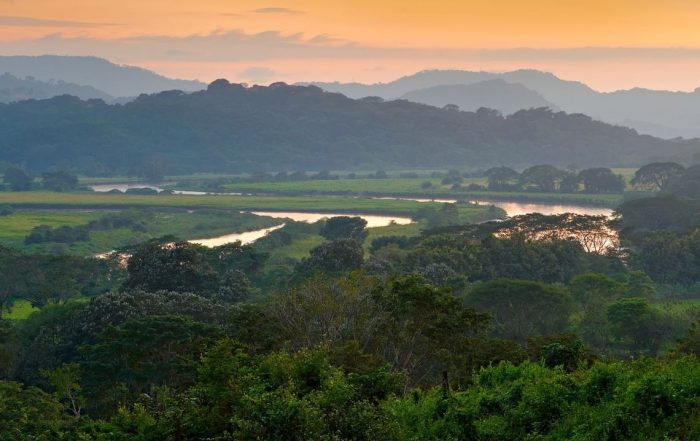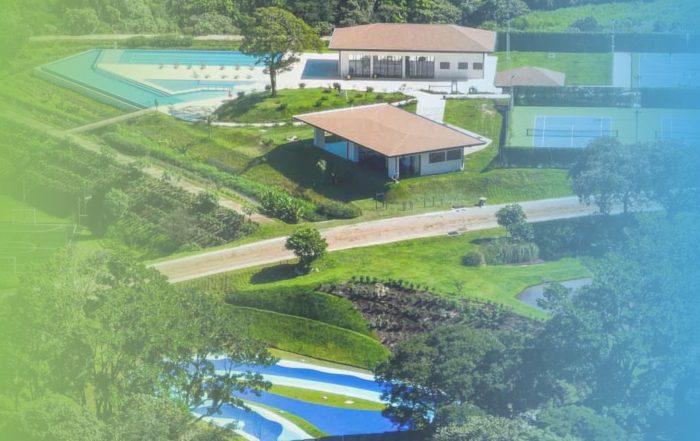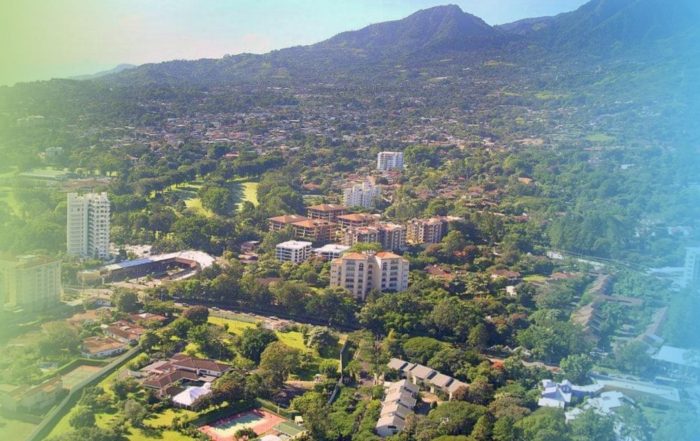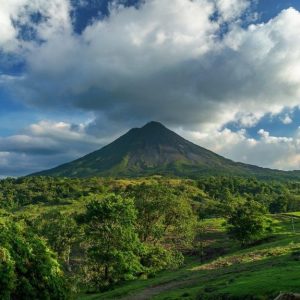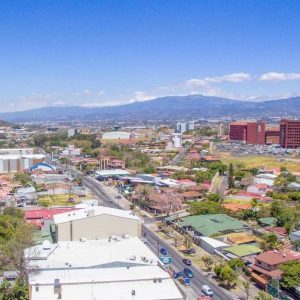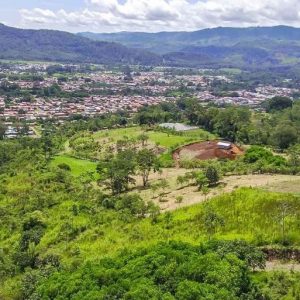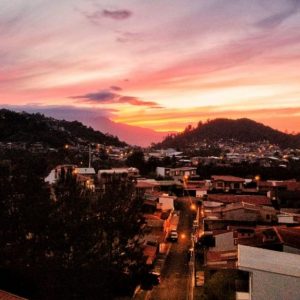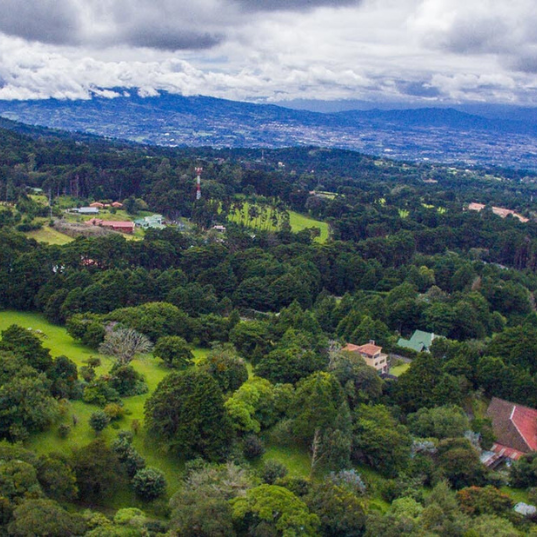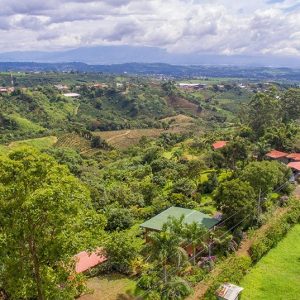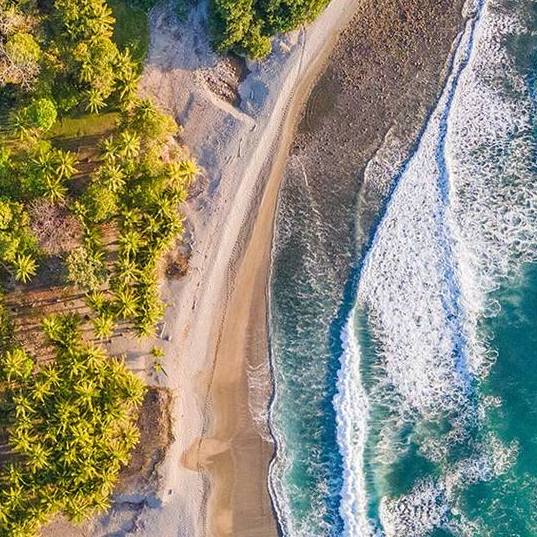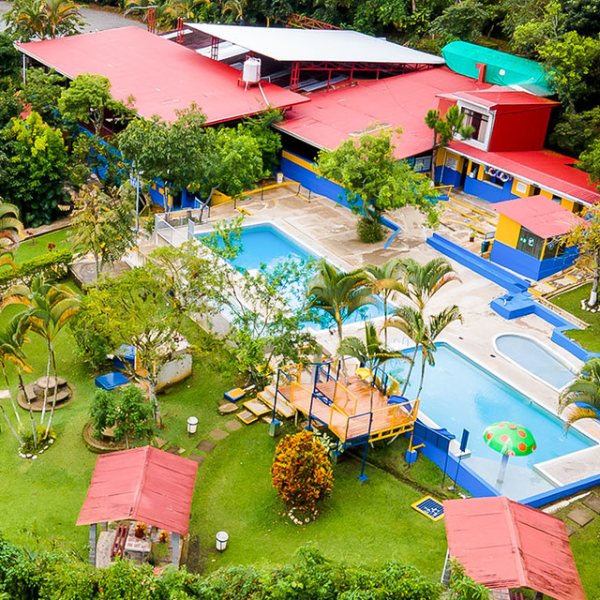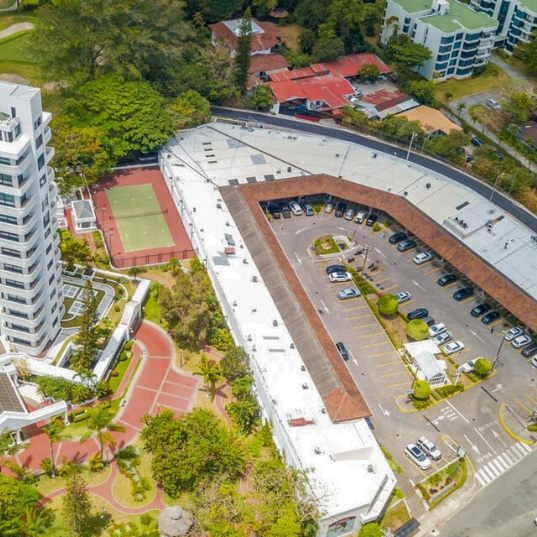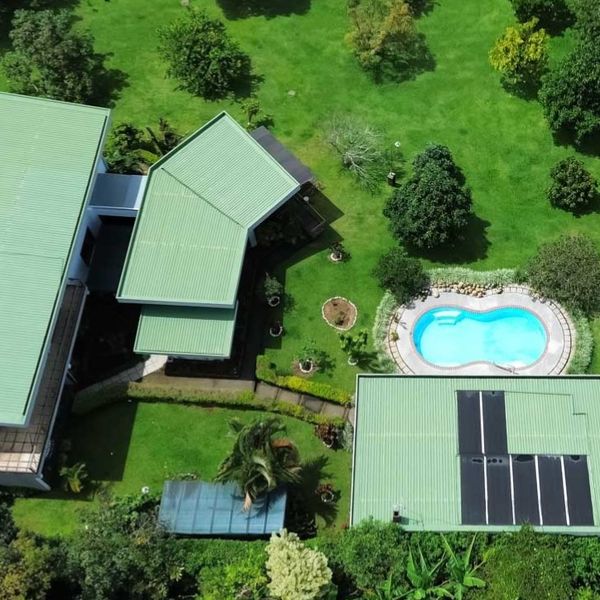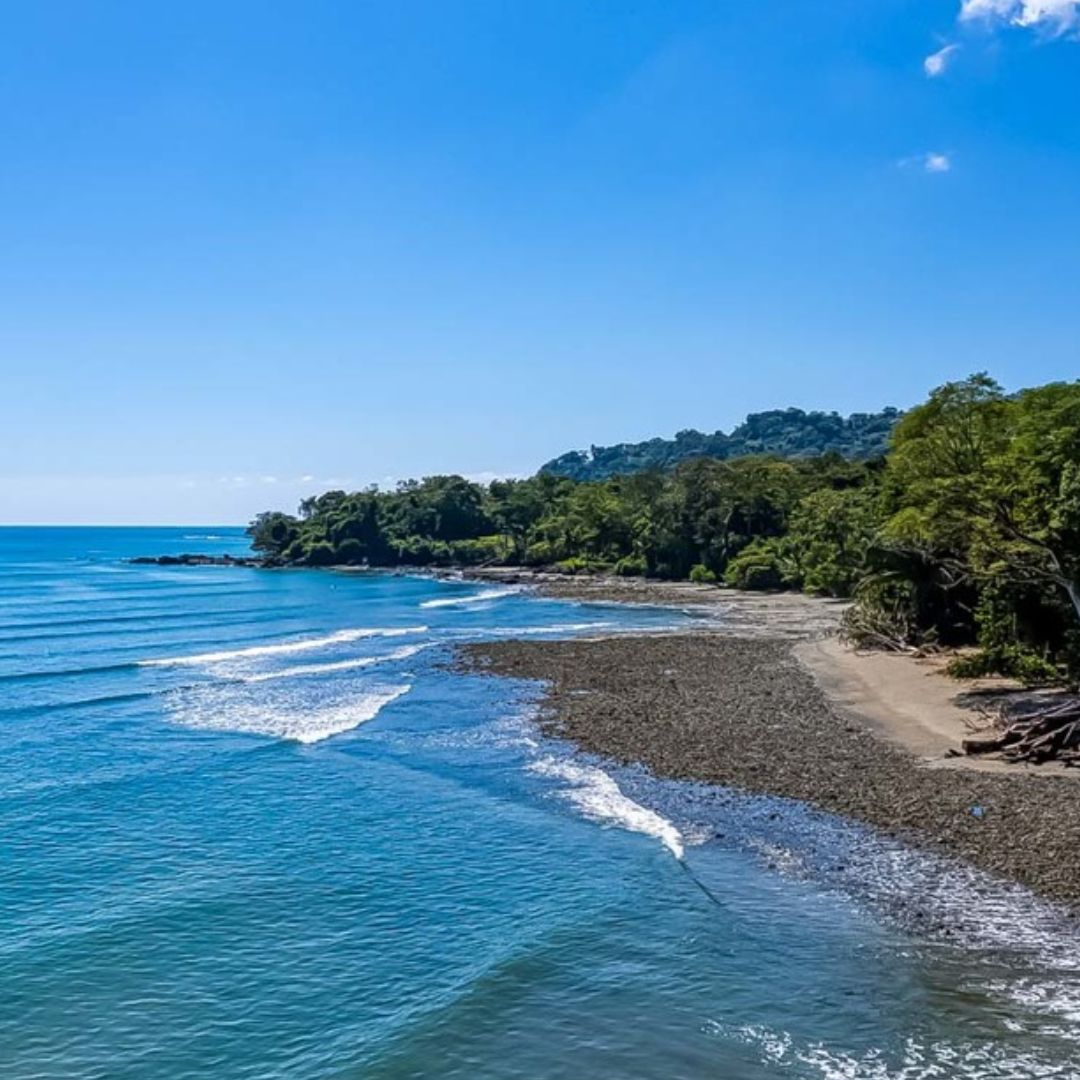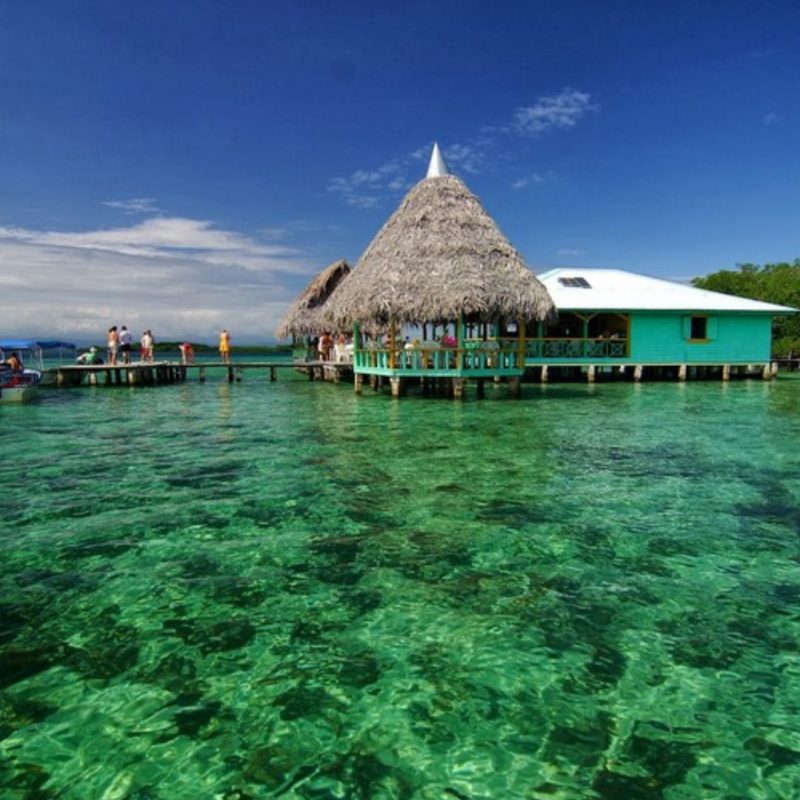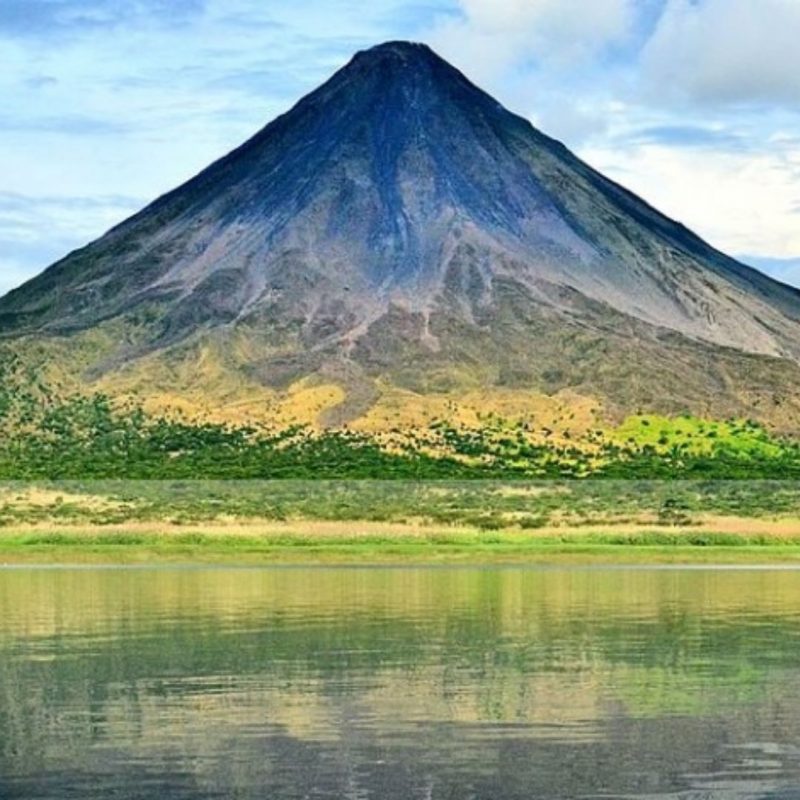The coastal areas are evolving, due to investment and development projects in the area, with the purpose of supplying the demand of foreigners and nationals who increasingly seek to invest in these zones. The Central Pacific Coast of Costa Rica is not far behind, since it is gaining strength in the real estate market. Before starting the process of selling in the Pacific area, some preliminary steps must be taken into account to help guide and develop each stage in the best way, avoiding conflicts and guaranteeing the benefit of all parties involved.
Objective Factors
It’s best to first consider why you want to sell your property. At this stage the owner analyzes what their post-sale needs are and what he or she expects to obtain at the end of the process. Some possible reasons may be:
- Improvement in quality of life
- Relocation of residence
- Further investment
- Payment of urgent debt
- Other miscellaneous reasons
For the owner, the history of the property must also be taken into account. Examples include consideration of whether the property was inherited or was a family home. Investments into improving the property and expenses incurred for repairs and must also be noted.
When establishing the reason for sale, it is key to establish what the owner expects from the sale, including the initial asking price and potential for negotiation, the estimated timeframe for placing the property on the market, and what, if anything else, the owner expects to obtain from the sale.
It is crucial to contact a real estate consultant to help you not only analyze a fair price according to the market, but also sketch out profiles of potential buyers who may be interested in your property.
Many variables must be included in this equation, such as location, availability, mortgage studies, inventories, m2 values for the area, municipal taxes, and many other factors specific to
individual areas of a particular market. Prices are given in ranges and are estimates, because at this early stage no prospective buyers have been approached and market sentiment cannot be reliably established.
Subjective Factors
The owner must also keep a variety of so-called ‘subjective’ factors in mind in order to be able to place the property at the right point in the market. They are ‘subjective’ because they seek to establish an “emotional panorama” of potential interested buyers and create a well-defined and suitable strategy for marketing your property. Questions that will help in the development of an effective marketing strategy include:
- Where can I place my property in the market to increase chances of success?
- Why would a buyer invest in my property?
- What makes my property stand out from other options in the market?
- What benefits does my property have for a potential buyer?
It is essential to contact a real estate agent to for professional assistance in this complex and critical process. The use of digital tools and platforms will help in positioning your property as the best option, having a wider reach, and creating a filtering process in which interested potential buyers are studied beforehand for maximum success.
Before putting the property on the market, the seller and agent must gather information that determines its real value, capabilities, and sale potential. Having this information handy before listing the property will help to create a profile of potential interested buyers, thus further ensuring the property is positioned properly in the broader market.
Presale essentials include:
- Cadastre Plan: This graphically represents the area and boundaries of the property, allowing verification of property data and confirming important information such as the presence of easements. This document must be in good condition and legible. In case you do not have it or if it is in bad condition, you can get a new one here. You must choose the type of product you need – the cadastre-scale plans (real size), or if you need cadastre- certifications (letter size). To enter the above link you must have previously registered in RNP Digital.
- Liens and annotations: Encumbrances are charges on the real estate for the payment of a debt. Title annotations are provisional and are subject to the outcome of ongoing litigation. This is important information for all parties involved in the sale process and is obtained through a registry study.
- Land use: The best thing here is to have the certificates of use, since they define the limits and potential of the property. Examples of land use certificate types are commercial, mixed, residential, and agricultural, and this document must be requested at the municipality of the canton where the property is located.
- Construction plans: This provides information on the structure of the constructed building, including electrical wiring, piping, and septic tanks, among others.
- Appraisals: Having updated and reputable appraisals is critical as they may become invalid over time, as depreciation or appreciation of a property is done annually on an official level.
All the information obtained from the instruments above helps to determine the real value of the property. Important to note is that listing property for Costa Rican nationals is not that same as for foreigners, and variables can change for those interested in investment or for those looking for homes, for example.
Clear communication with the advisor is essential to avoid conflicts in the buying and selling process.
The conditions of sale will depend on the type of property you have on the Central Pacific Coast of Costa Rica. The main types are:
- Lots: They are independent land, not built and legally registered. Depending on their location and characteristics, they can have different uses.
- Houses: these are properties with construction plans, legally registered and for residential use.
- Productive farms: They are independent lands but unlike the lots, these are dedicated exclusively to the production of goods. They have specific regulations because they must ensure the rational use of the land and environmental sustainability.
- Recreation farms: These properties do not have a specific measure, but their main characteristic is that they have spacious green areas and a house that is generally used for recreation and not for housing.
- Commercial properties: It is any type of property that is used for profit, whether they are office complexes, commercial premises, restaurants or other types of services.
- Industrial Property: These are lands with land uses intended for industries and business projects.
Specifications according to the property:
In addition to being clear about the type, the variables and specifications of the property to be sold must also be known. Here is the important information you need to know if your property on Costa Rica’s Central Pacific Coast has any of these variables:
Sell in the Pacific Coast area of Costa Rica in condominium:
- Know the use of the subsidiary that is being sold, whether commercial or residential.
- You must be up to date with the payment of condominium fees and any other type of fee issued by the condominium administration. You must also provide information on the amount of the fees, the administration and the delinquency of the condominium.
- You must have the condominium regulations and the construction regulations (if it is a condominium with lots) and, if possible, the minutes of the Assembly, to facilitate the sale process.
- Know what the common areas are and how they are used. Also have information about water, treatment plants and electricity.
- Sell in Urbanization or residential:
- Know the exact location: district and canton to which it belongs.
- Provide information about public services, safety and whether it is an organized community.
- Establish previously which are the controlled entrances and accesses and if they have a needle or not.
Sell in the Pacific Coast area in Urbanization or residential community:
- Know the exact location: district and canton to which it belongs.
- Provide information about public services, safety and whether it is an organized community.
- Establish previously which are the controlled entrances and accesses and if they have a needle or not.
Selling in Costa Rica’s Pacific zone in rural areas:
- Have knowledge of the regulatory plan of the Municipality to which it belongs to understand what is the percentage allowed to build, whether segregation is allowed or not and if there is the presence of easements.
- Telephony and internet facilities.
- Know if the water is municipal or if it is roasted. Also have information on registered or unregistered springs.
Sell in the Central Pacific area of Costa Rica in commercial areas:
- It must be in compliance with Ley 7600.
- Have land use certificates for commercial or industrial type and with the definition of the area that can be used for it.
- Know the access routes and the commercial attractiveness; as well as the availability of parking.
- If it is an industrial property, access to electricity and voltage must be clear according to the needs of the buyer.
In Costa Rica’s Central Pacific area it is necessary to understand what it takes to sell a property on the beach, and especially knowing the difference between beachfront properties and properties in the maritime zone. You can be the owner of a property a few steps from the beach, with a path to the beach, or with views of the sea, but this does not necessarily mean that it is part of a maritime zone. If your property belongs to a maritime zone, you cannot be the legal owner because the beaches of Costa Rica are public property.
Law on the Maritime-Terrestrial Zone
The Law on the Maritime-Terrestrial Zone (Law Number 6043) regulates the registration and use of properties facing the sea in Costa Rica. The law creates two zones along Costa Rica’s Pacific and Atlantic coasts. Islands are also subject to this law. The national government owns the land within this “Maritime-Terrestrial” restricted zone.
This zone is measured from the high tide line inland, and is comprised of two zones with a total width of 200 meters from the sea:
- Public Zone: This is the part of the beach measured 50 meters from the high tide line, and ends at the boundary of the Restricted Zone (see below). This beachfront area is open to the public, and private possession or occupation of this area is strictly prohibited. It is, however, illegal to trespass on private property or even concessions in the Restricted Zone in order to reach the Public Zone.
- Restricted Zone: this measures 150 meters from the boundary of the Public Zone towards the interior. The law allows the government to grant leases called concessions for the occupation and use of this beachfront area for terms ranging from 5 to 20 years. This area is the land that homes or businesses along the beach can use for personal or monetary benefit. Some buildings are permitted in this zone.
Concessions for properties within the Maritime Zone
The ‘Instituto Geográfico Nacional’ marks the Maritime Zone of Costa Rica. If the area is not marked and does not have an approved development plan, the Costa Rican authorities cannot grant construction permits for the development of beachfront properties in that area. The Costa Rican Tourism Institute (ICT) authorizes leases in the Restricted Zone, but the municipalities grant and manage those concessions.
Before a concession can be granted, the Restricted Zone where the property will be located must have an approved Regulatory Plan. Legally sound concession will define the rights and conditions that the occupant of the property will have. As stated above, these concessions or leases are granted for a term of five to twenty years, and once the concession (lease) has been approved, it will be registered in a special subregistry in the National Registry. An annual fee must be paid to the municipality to keep the concession current. Lack of payment may terminate the contract, resulting in the loss of all buildings on the concession. Extensions of the lease can be requested at the municipality, and are normally granted with the prior approval of the ICT.
Precautions for Beach Homes in the Central Pacific Coast area
Although municipalities charge a tax on the use of the land known as the ‘canon’ tax on the occupants of land located in the maritime zone, this does not mean that the concession has been granted. As such, the payment of ‘canon’ is simply the recognition of the right to possession. Below are other points of the law related to concession land that must be respected in order to safeguard your investment.
Concession grants are restricted in the following cases:
- Foreigners who have not been residents for five years in Costa Rica
- Companies with bearer shares
- Foreign companies established abroad
- A corporation established in Costa Rica exclusively for foreigners.
- A joint-stock company with more than fifty percent ownership by foreigners (ZM article 47)
Concessions can be forfeited for the following reasons:
- Not requesting an extension of the concession in a timely manner
- The expiration of the rights of the interested parties
- Legal absence or death of the holder of the concession without an heir
- Failure to comply with the obligations established in Article 51
- The cancellation of the concession (ZM Article 52; see below)
The ICT can cancel a concession for:
- Failure to pay annual fees and taxes
- Breach of contract (for example, use of the land for purposes other than those expressly authorized by ICT)
- Violation of ordinances of the law that grants the concession
- Impediment of the use of public roads
- Other causes established by law (see ZM Article 53)
Knowing this information prior to placing the property on the market will give you an advantage to sell properties in the Pacific area, since interested buyers will have a broader understanding of the potential and capacity of the purchase.
If you have specific questions about where to obtain information or about any issue related to the sale of your property, do not hesitate to contact our NATIVU advisors.
Related Articles in our Blog
Selling guides by area


